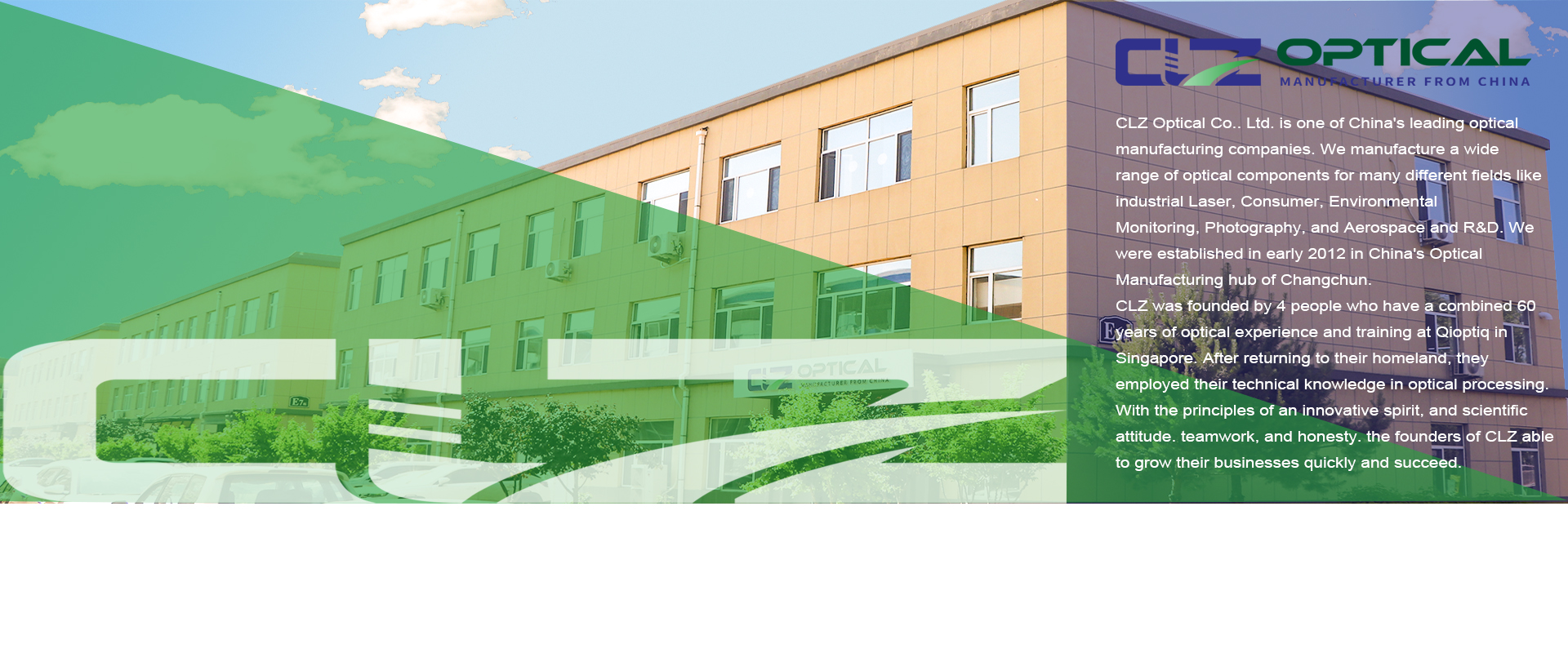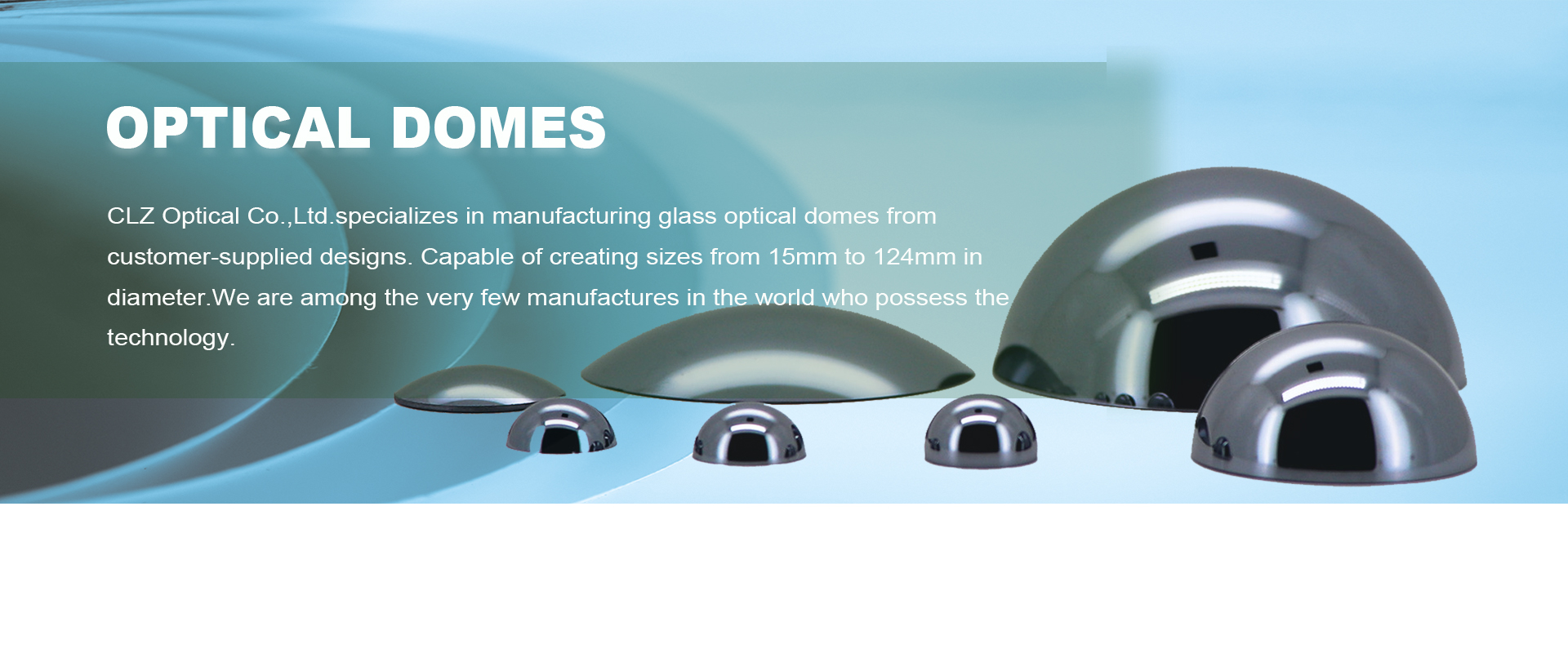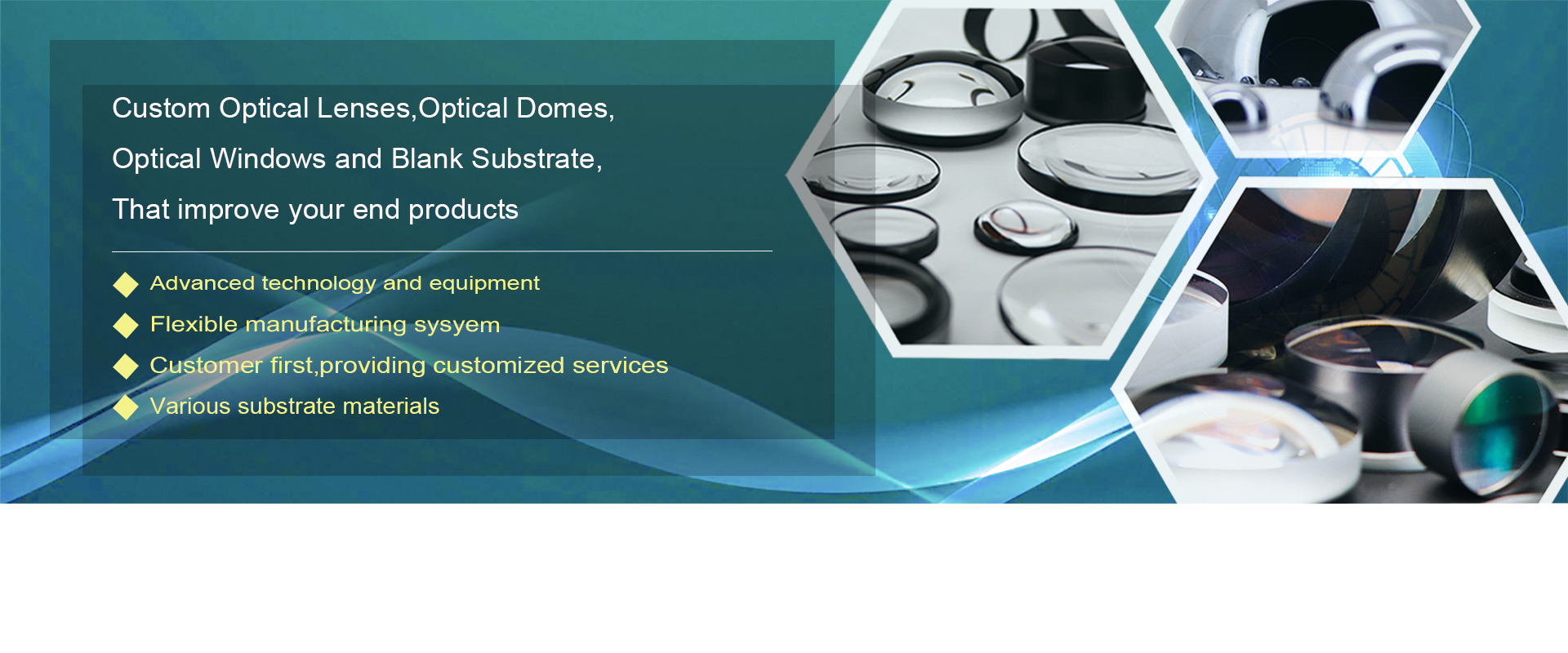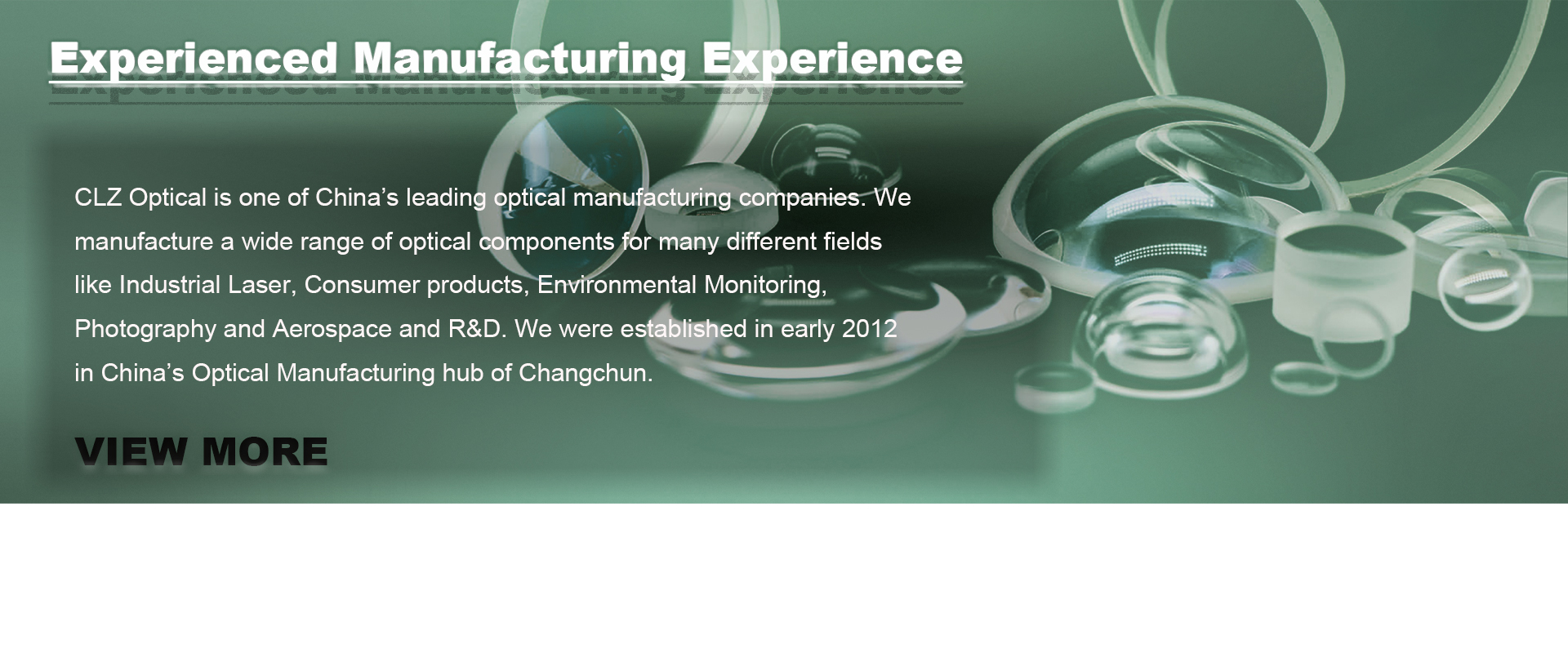How to choose the right laser mirrors?
Aug. 29, 2020
Optical mirror is a very important optical element in the laser. Its performance is an important factor that affects the quality of laser beam and output power, such as the level of reflectivity, the size of the deformation, the speed of heat transfer, and whether it can maintain its optical performance for a long time. If the reflectivity is not high enough, the attenuation value is too large, and the gain cannot reach the threshold, then the laser cannot emit light. When optical mirrors are used as a reflective element inside and outside the ordinary optical cavity, there will also be a problem of the large loss of optical power.
The substrate material of commonly used laser mirrors
Optical reflector is generally used as a tail mirror, a mirror that turns the direction of the optical path in a laser system. The substrate material is usually molybdenum, fused silica, oxygen-free copper, silicon, etc.
Fused silica mirror has high transmittance from ultraviolet spectrum to the infrared spectrum. At the same time, the fused silica mirror has high heat resistance, corrosion resistance, high chemical purity and outstanding hardness. Fused silica mirror integrates all the excellent characteristics compared with other materials, so a fused silica mirror is more suitable as a substrate material for laser systems.
Due to the high thermal conductivity, copper mirrors are also used in high-power laser systems. Due to its good optical and thermal properties and high-cost performance, silicon mirrors can also be used in laser systems. Tail mirrors in the laser usually use silicon mirrors.
The surface of the molybdenum mirror is quite wear-resistant and is suitable for many specific physical environments. The molybdenum mirror is generally not coated. Molybdenum mirrors are often suitable for low-power lasers, such as glass tube lasers and metal tube lasers. The molybdenum mirror can work in harsh environments and has a long service life. Besides the molybdenum mirror bears high power and is resistant to wiping. It’s no need to coat the surface of molybdenum mirror. The disadvantage of molybdenum mirror is low reflectivity.
In contrast, fused silica as the substrate of optical reflector not only meets the needs of the laser optical system, but is also very durable and corrosion-resistant, so fused silica is more suitable as the substrate material of the laser reflector.
The role of laser mirrors in lasers
The laser mirror is an important element in the laser transmission system. Optical reflector can be used as a tail mirror in the laser tube. The base of the lens has a certain curvature to oscillate the laser. The laser reflector can change the light in the laser tube and reduce the length of the laser tube. Outside the laser tube, the reflector and the focusing mirror cooperate to form a complete optical path, which makes the laser design more space-saving minimizes the loss of laser and maximum retention of laser power.
CLZ Precision Optics Co., Ltd. manufactures and produces optical mirrors for lasers according to your design. The substrate materials include BK7, fused silica, etc. At the same time, our company also produces other optical components. If you need related optical components, please contact talia@clzoptics.com.


















